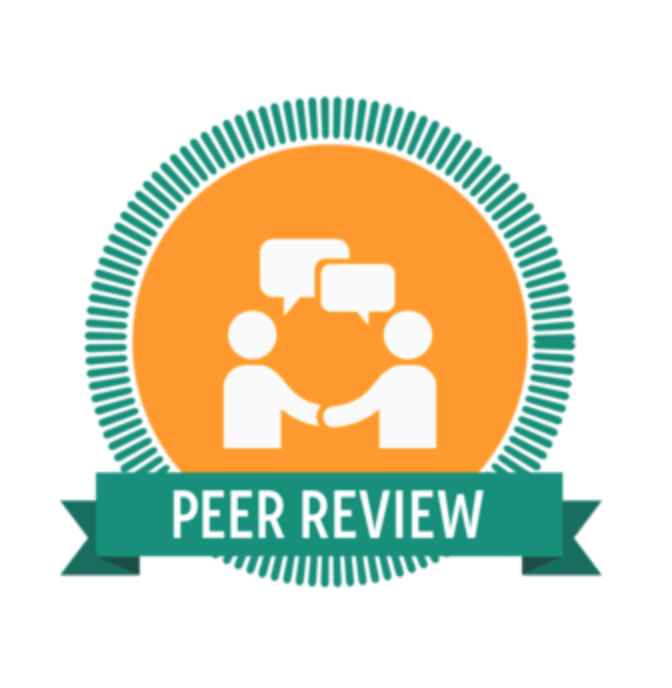NAVIGATING THE RESOLUTION A STUDY ON THE IMPACT OF ARTIFICIAL INTELLIGENCE ON BUSINESS OPERATIONS
DOI:
https://doi.org/10.59415/mjacs.v2i4.184Keywords:
innovation, customer experience, automation, efficiency, business operations, robotics, ethical considerations, workforce implications, and future trends.Abstract
The business landscape is rapidly changing across industries due to artificial intelligence (AI). This study examines the complex effects of artificial intelligence (AI) on a range of company activities, from automation and efficiency gains to strategic decision-making and improved customer experiences. This research explores the benefits and obstacles presented by AI adoption in enterprises by a thorough assessment of the current literature, case studies, and interviews with industry professionals. Important discoveries highlight how AI plays a vital role in process optimization, fostering creativity, and transforming organizational structures. The report also looks into future trends, labor consequences, and ethical issues related to integrating AI into business operations. Through shedding light on the revolutionary potential of AI, our research seeks to assist organizations in efficiently utilizing its potential to provide competitive advantage and long-term prosperity in the digital era.
Downloads
References
Adeshola, I., & Adepoju, A. P. (2023). The opportunities and challenges of ChatGPT in education.
Interactive Learning Environments, 1 14. https://doi.org/10.1080/10494820.2023.2253858
Altman, S. (2022). Sam Altman on Twitter: “ChatGPT launched on Wednesday. today it crossed 1Million users!” / X. Retrieved from https://twitter.com/sama/status/1599668808285028353
Baidoo-Anu, D., & Owusu Ansah, L. (2023). Education in the Era of Generative Artificial
Intelligence (AI): Understanding the Potential Benefits of ChatGPT in Promoting Teaching and
Learning. SSRN Electronic Journal. https://doi.org/10.2139/ssrn.4337484
Bell, R., & Bell, H. (2023). Entrepreneurship education in the era of generative artificial intelligence.
Entrepreneurship Education, 6, 229-244. https://doi.org/10.1007/s41959-023-00099-x
Chan, C. K. Y., & Tsi, L. H. Y. (2023). The AI Revolution in Education: Will AI Replace or Assist
Teachers in Higher Education? http://arxiv.org/abs/2305.01185 Cheng, L., Li, X., & Bing, L.
(2023). Is GPT-4 a Good Data Analyst? Retrieved from http://arxiv.org/abs/2305.15038
Cooper, G. (2023). Examining Science Education in ChatGPT: An Exploratory Study of Generative
Artificial Intelligence. Journal of Science Education and Technology, 32(3), 444-452.
https://doi.org/10.1007/s10956-023-10039-y
Currie, G. M. (2023). Academic integrity and artificial intelligence: is ChatGPT hype, hero orheresy? In Seminars in Nuclear Medicine (Vol. 53, Issue 5, pp. 719 730). W.B. Saunders.
https://doi.org/10.1053/j.semnuclmed.2023.04.008
Dai, W., Lin, J., Jin, F., Li, T., Tsai, Y.-S., Gaševi´gaševi´c, D., & Chen, G. (2023). Can Large
Language Models Provide Feedback to Students? A Case Study on ChatGPT.
Downloads
Published
How to Cite
Issue
Section
ARK
License
Copyright (c) 2024 Keerthiga Devi

This work is licensed under a Creative Commons Attribution 4.0 International License.
License Statement
This work is licensed under a Creative Commons Attribution 4.0 International License (CC BY 4.0).
Authors who publish with mLAC Journal for Arts, Commerce and Sciences (m-JACS) retain copyright of their articles and grant the journal the right of first publication.
This license allows others to share, use, and build upon the work—commercially or non-commercially—as long as appropriate credit is given to the original authors and source, and any changes are indicated.
The journal encourages open access and supports the free exchange of knowledge while ensuring proper attribution of original work.


















